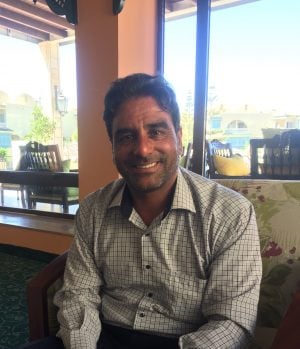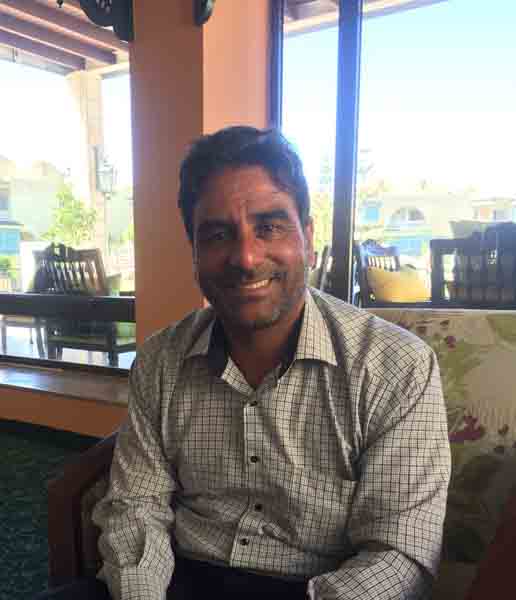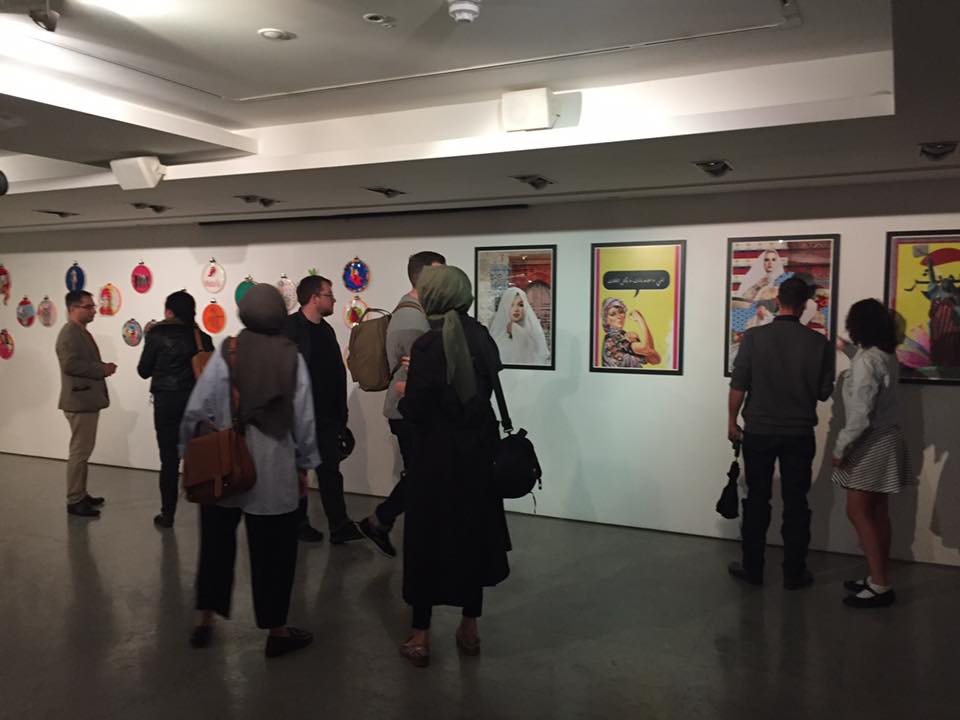By Michel Cousins.

Tunis, 22 September 2017:
Joint negotiations between the dialogue committees of House of Representatives (HoR) and the State Council to amend the Libyan Political Agreement is now firmly back on course, according to the chairman of the HoR’s Dialogue Committee, Abdualslem Nasia. But there are three non-negotiable changes that have to be made to the Libyan Political Agreement if the HoR is to approve it, he says.
These are:
- Reduction in the number of members of the Presidency Council (PC) from nine to three and the prime minister and government to be separate from the PC;
- Cancellation of the LNA’s Supplementary Article No. 8 which would transfer from the HoR to the PC the power to appoint top military and security commanders and heads of certain key civil institutions.
- The State Council to have 200 members.
There are other articles in the LPA that HoR members would also like to amend, Nasia has told the Libya Herald.
“There have been so many discussions and arguments in the House of Representatives following the Skhirat agreement, with criticism and objections from many members.”
Initially there were some 40 changes called for, he explained in an interview, but these had been reduced to the above three.
Of these, the first two have been widely aired. The third, however, has had little coverage.
The original plan for the State Council was that it would have 145 members, being 134 who became members of the former General National Congress as a result of the elections of 7 July 2012, and 11 who stood in those elections and later became members as replacements for those who had subsequently resigned or died.
The HoR Dialogue committee wants the number of members of the State Council to be 200 – the 200 members of GNC elected in July 2012, regardless of their political persuasions. “We must start with those who were elected in 2012,” says Nasia who is one of the two HoR members for Zintan and who was previously a GNC member. As to whether those who subsequently resigned could become members or those who replaced them in the GNC, that is something still to be decided in the negotiations, he adds.
As to other possible amendments that should be made to the LPA, timetables need to be changed, Nasia says, in particular the timetable for the work of the Constitution Drafting Authority. It has to be extended.
“The LPA set a deadline for the Constitution Drafting Assembly. It has presented a draft constitution but it is now facing judicial problems. When the political agreement is amended, the issue of [drawing up] the constitution has to be addressed. Also, some points have to be dealt with concerning the [timing of] elections.”
Work on making the changes to the LPA will start in earnest on 26 September, Nasia states. His committee and the one from the State Council will meet in Tunis and continue working until there is a satisfactory outcome.
Because his committee has 24 members and while that of the State Council has only 13, it has been agreed that a working committee of five from each side will hammer out the details, going through the LPA article by article, and their proposals will then be referred to the full committees for approval.
“If the committees agree, then that’s fine. If they don’t then it will be back to the working group.”
Regarding names for the new Presidency Council or the government, he stresses that it is something the dialogue committees will not be looking at. “If we talk about names, we will repeat the same mistake as at Skhirat”, he said. Approval for the agreement would become bogged down in arguments about who should do what.
Selecting the slimmed-down presidency council and the government will be for others to decide, he says, but he personally thinks that the deciding mechanism should nonetheless be in the agreement.
The negotiations would take some time, Nasia admits, “but it can’t be too long”. It should all be completed by the end of October, he believes. That would give the HoR – and the State Council – time to consider the amendments and then vote to pass the LPA. That in turn would give the UN Security Council time to take on board the amended agreement and itself approve it before the deadline of 17 December, when the current version expires.
Will the HoR accept the amendments, he was asked.
Nasia is optimistic. “I think so”, he says, pointing out that his Dialogue Committee has 24 members from various different political groupings. “That’s a big number”. If they approve it, he is sure the rest of the HoR will do so as well.
But what if there is no agreement between the two dialogue committees?
Nasia does not think that will be the case. Both are determined to make the dialogue work and are approaching the task in a positive spirit. If, for some reason though that it does not happen, then “we would have to go to presidential and parliamentary elections in accordance with the February Committee proposals”.
(The General National Congress’ “February” Committee drew up the law in 2014 creating the House of Representatives and for elections to it and for presidential elections, although it was left to the new HoR to decide whether it or the national electorate would elect the president.)
As to whether the involvement of the international community or certain members of it has made dialogue more difficult, Nasia is of the view that this has complicated matters.
“The international community has made some big mistakes in Libya,” he says. That is because, in his opinion, they had fundamentally misunderstood the Libyan situation. “The international community thinks that what happened in Libya was the collapse of the system and that power-sharing is the answer.” But it was not just the system that had collapsed, it was the state as well, he says.
“The truth is, we have to decide what the state should be, and then build the basis of that state.”
In any event, he says, Libya does not yet have a culture of power-sharing. It too still has to be built.
But quite apart from that, he says, some countries have simply been pursing their own interests in Libya. They have been backing particular groups in the country for their own ends, but it has been having dangerous consequences. The support given to some groups in Libya by certain foreign governments has made them less willing to compromise. “It has made them think that they can win and have everything,” he says.
Nasia emphasises that the work being done by himself and others in the dialogue process is not an end in itself. It is simply a step on the road to stability in Libya.
“An agreement on the amendments is not the end of anything. It will be the beginning of a new stage that will end in a new constitution.”
That, he hopes, will allow Libya to stabilise, lead in turn to presidential and parliamentary elections. Only then, he says, will the country be at the end of its transition.









